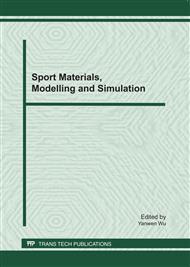p.683
p.688
p.693
p.699
p.706
p.711
p.716
p.728
p.735
View on Java Teaching from Cognitive Psychology
Abstract:
Gagné's cognitive learning theory presents the entire process of information processing and problem-solving. Under cognitive psychology’s guidance, teaching should pay attention to the analysis of students’ existing knowledge and experience and teach in accordance with individual differences. The goal of java teaching is to train the application ability of students’ problem-solving.
Info:
Periodical:
Pages:
706-710
DOI:
Citation:
Online since:
February 2011
Authors:
Keywords:
Price:
Сopyright:
© 2011 Trans Tech Publications Ltd. All Rights Reserved
Share:
Citation:


